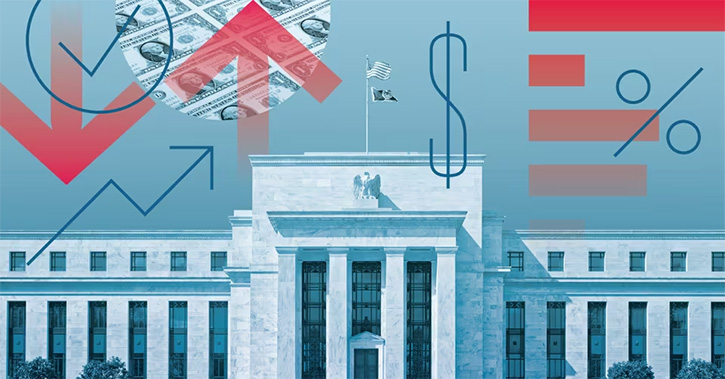Ashley Redmond: I'm Ashley Redmond for Morningstar.ca and I'm on the line with Russ Koesterich from BlackRock.
Russ, thanks so much for joining me.
Russ Koesterich: Thanks for having me Ashley.
Redmond: Today we're going to talk about emerging markets, which are off to a rough start this year, and that's thanks to various factors such as slow growth in China. So, many investors are looking elsewhere to put their money. One option may be frontier markets. Russ, do you think emerging markets and frontier markets are created equally?
Koesterich: Ashley, they are not. We actually view them as separate asset classes, although obviously they are related. Frontier markets for those unfamiliar with the term refer to those countries that have not yet graduated into the emerging markets index. So these are countries at a very early stage of their development; places like Bangladesh, Vietnam and many countries in Sub-Saharan Africa.
One thing that separates them from many emerging markets is that the companies in these indices are very domestically focused. We’re talking about local banks and local manufacturers. They have very different characteristics than some of the global players that are increasingly dominating emerging market indices.
Redmond: Why do you view frontier markets in this way?
Koesterich: We believe that frontier markets have now graduated to the point where they can be viewed as a separate strategic asset class. In other words, in addition to having some allocation to emerging markets, we believe that most investors also want some long-term allocation to frontier markets as well. They offer superior growth, and we think to some extent, diversification.
Redmond: Russ, there is talk lately of frontier markets being the next emerging market of emerging markets. What's your take on this?
Koesterich: Well, there is some truth to that. One way to think about frontier markets is [that] they represent where emerging markets were 20 years ago. And one way this plays out is that emerging markets have become increasingly correlated with developed markets. And the reason for that is [because] many of the large companies that dominate the EM indices are now global players influenced by the global economy.
Conversely, if you look at the companies that dominate in frontier markets, they're very local and they're very domestically focused. Because of that they're not as correlated with the global economy or the global stock market as some of the companies in the emerging market indices. So, this is another reason that we think frontier markets are where emerging markets were 15 to 20 years ago.
Redmond: Frontier markets are extremely risky with political corruption; there is instability and even a fickle regulatory environment. So, are frontier markets only for high risk investors?
Koesterich: No, but I think you bring up some very important points, which is that this is a risky asset class. It is more volatile than many of the domestically oriented indices. It is also a very liquid asset class. This is not an asset class that you want to trade in and out off. So, a couple of things to guide you; one it is a long-term strategic holding. This is not a tactical play. The second is that we do think that even some conservative investors should have a small allocation to frontier markets over the longer term, but it is going to be a small allocation. Not something that is going to compare with what you might have, for example, to domestic equity markets.
Redmond: Is there any frontier markets that you can mention that you think currently hold the most promise for investors?
Koesterich: Generally, this is an asset class where given most of the vehicles around today, you're more likely to buy the entire spectrum. And the reason is that most of the vehicles that give access to frontier markets for individual investors really focus on the entire asset class, rather than allowing you to buy a particular country or a particular stock.
Redmond: Thanks so much, Russ.
Koesterich: Thank you Ashley.
Redmond: To find out more about frontier markets and emerging markets, visit the markets page of Morningstar.ca.




















